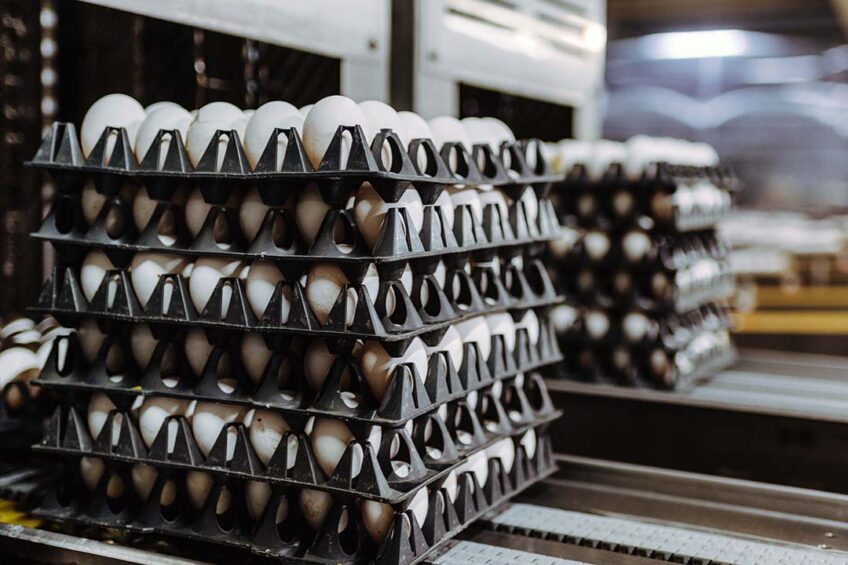Ovostar enjoys booming profit, but exports are on shaky ground

A prominent Ukrainian egg manufacturer, Ovostar Union, saw its net profit skyrocket by a factor of 12.2 times in the first 9 months of 2023 compared with the previous year.
Low feed prices and strong export sales coupled with favourable currency exchange rates are the main factors contributing to the positive financial dynamics. The net profit totalled US$29.08 million, Ovostar Union said in a statement on the Warsaw Stock Exchange. The company reported sales were US$123.06 million compared to US$90.29 million a year ago.
The cost of sales dropped to US$57.4 million from US$66.16 million in the previous year, thanks to good feed prices and hryvnia devaluation. Ovostar also reported that its debt on bank loans in 2023 decreased from US$10.93 million to US$2.46 million.
Strong foreign sales
Exports largely contributed to the improved financial performance. The share of egg exports in total revenue climbed from 34.9% to 45.5%, and the export of egg products from 56.6% to 60.3%. As a result, Ovostar’s total export revenue for January to September 2023 reached 50% of total revenue compared to 41.5% a year earlier.
In 2023, the company resumed its investment programme suspended in 2023. During the first 9 months of the year, Ovostar invested US$8.88 million in its operation. The lion’s share of money was invested in biological assets, the company said, not providing additional details.
Export to Europe in jeopardy
Ovostar exports egg and egg products primarily to Europe, where tensions keep brewing over the impact on local manufacturers. Edgars Lesnieks, commercial director of the Latvian office of Ovostar, which sells Ukrainian eggs in the EU, is confident that Ukrainian products do not threaten local businesses, since their share on the market is relatively insignificant.
However, Tom Aushkaps, a spokesperson of the largest Latvian egg producer, Balticovo, has quite the opposite opinion. “This [egg imports from Ukraine] affects us in the most direct way! We are forced to equalise the prices of our products in relation to products of other, lower standards. This distorts the market,” Aushkaps told local news outlet NRA.
Not only egg producers voice concerns. Henrikh Danusevich, the president of the Latvian Traders Association, who also serves as trade adviser to the European Commission, advocates the abolition of priority tariffs or quotas on eggs produced in Ukraine.
One of the main complaints of Latvian businesses is that production and welfare standards in Ukraine are softer than in the European Union.













